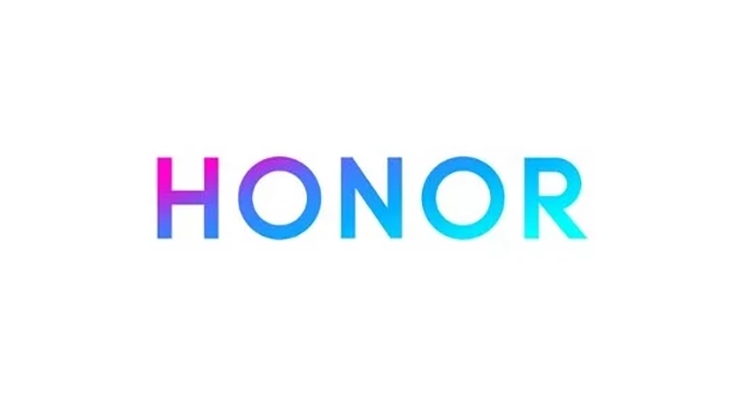![]()
Indonesia has imposed a ban on the sale of Google Pixel smartphones, following a similar move against Apple’s iPhone 16, due to non-compliance with domestic content requirements. The regulation, which is part of Indonesia’s industrial policy, mandates that all smartphones sold within the country must contain at least 40% locally manufactured components or involve significant investment within the nation’s economy. These regulations, according to officials, aim to ensure fair opportunities for foreign investors and create value for the local industry.
The recent bans are not entirely unexpected, as Indonesia has been firm on enforcing its local content rules in recent years. This policy allows smartphone manufacturers some flexibility in how they meet these requirements. Companies can establish manufacturing plants in Indonesia, source local components, or invest in local innovation projects. Some companies have chosen to adapt by either opening local assembly lines or forming partnerships with domestic suppliers. However, for Google and Apple, meeting these requirements has proven challenging. While many major Asian brands, such as Oppo, Samsung, and Xiaomi, have established a manufacturing presence in Indonesia, neither Google nor Apple have taken similar steps. Apple has attempted to navigate local regulations by establishing developer academies in Indonesia, but this measure has not sufficed to meet the stricter requirements for hardware production and local content investment.
The timing of these bans is significant, as Indonesia’s tech market is one of the largest in Southeast Asia and a critical hub for smartphone manufacturers. With a rapidly growing consumer base of over 270 million people, Indonesia represents an important market for both local and international tech companies. Smartphone penetration in Indonesia has been steadily increasing, with an estimated 68.1% of the population owning a smartphone in 2022. This growth in mobile device ownership has created fierce competition among smartphone manufacturers vying for market share.
Despite the presence of global giants like Google and Apple, Indonesian consumers have shown a strong preference for Asian brands. Oppo and Samsung currently dominate the market, with Oppo leading and Samsung close behind. Both companies have been able to capitalize on their established manufacturing operations in Indonesia, which allow them to meet local content requirements more easily than Western competitors. This dominance by Asian brands is further reinforced by the fact that Google and Apple are not among the top five smartphone brands in Indonesia. Indonesian consumers are drawn to devices that offer competitive pricing and features tailored to their needs, making it challenging for premium brands like Apple and Google to establish a significant foothold without offering added local value.
The implications of Indonesia’s regulatory stance extend beyond smartphone sales. For multinational tech companies, Indonesia’s policies represent a growing trend among emerging economies to leverage their large consumer bases to demand local investment. By mandating local content, Indonesia hopes to stimulate its economy, create jobs, and build a more resilient tech industry capable of supporting domestic innovation. The government’s enforcement of these policies through certification requirements, such as the “local content level” metric, signals Indonesia’s commitment to aligning foreign investments with national economic priorities.
Indonesia’s local content requirement is part of a broader strategy to foster economic self-reliance in critical industries. By encouraging international brands to contribute directly to Indonesia’s industrial growth, the government aims to deepen the nation’s industry structure and create added value in the economy. The ban on Google Pixel and iPhone 16 sales highlights the risks companies face when they do not align their operations with local regulations in markets where governments are increasingly prioritizing economic sovereignty.
For Google and Apple, these bans could pose a strategic setback, particularly as the companies seek to expand in high-growth emerging markets. Indonesia’s emphasis on local manufacturing and investment could prompt tech companies to reassess their market entry strategies, potentially leading to increased collaboration with local partners or a shift in supply chain operations. While consumers can still purchase these devices abroad and bring them into Indonesia with the appropriate taxes, the government has warned that unauthorized devices may be subject to deactivation, a move that would further limit accessibility for these premium brands.
The impact of Indonesia’s policies may serve as a precedent for other emerging markets looking to assert similar demands on multinational corporations. For tech giants, Indonesia’s firm stance underscores the importance of understanding and adapting to local regulations. As emerging markets continue to play a pivotal role in global consumer demand, companies may need to weigh the benefits of tapping into these large markets against the costs of complying with local content requirements.
Indonesia’s recent actions serve as a reminder to foreign tech companies that they must align their business practices with national regulations to succeed in the country. The bans on Google Pixel and iPhone 16 sales reflect Indonesia’s determination to prioritize domestic growth and economic resilience, reinforcing the importance of local investment for companies aiming to thrive in one of Southeast Asia’s most dynamic markets.











